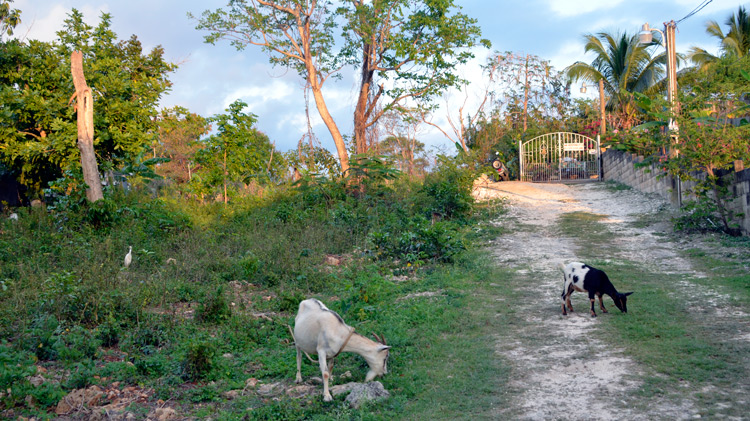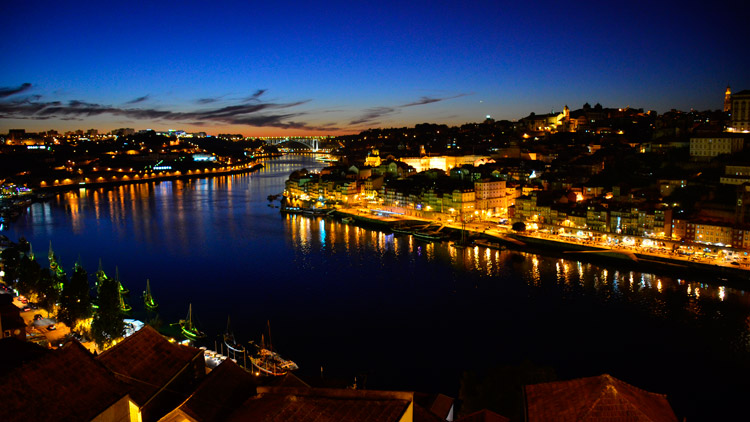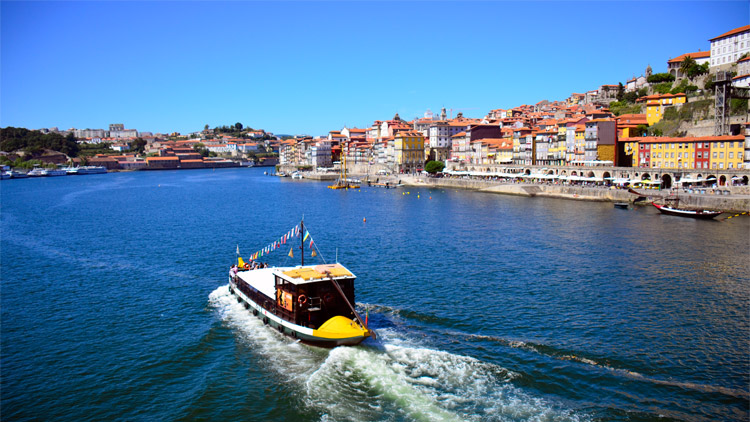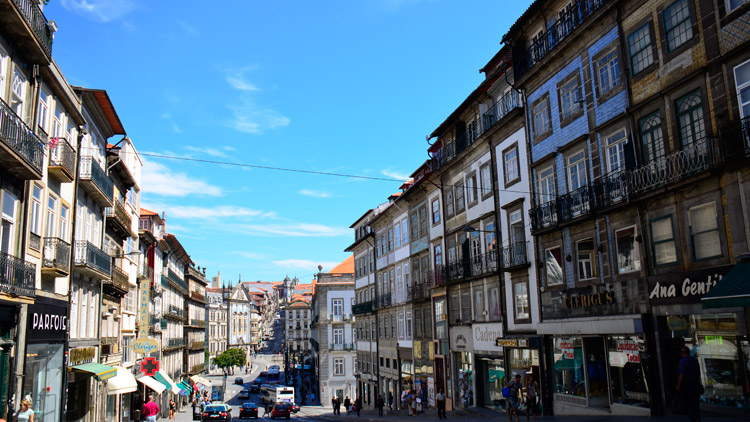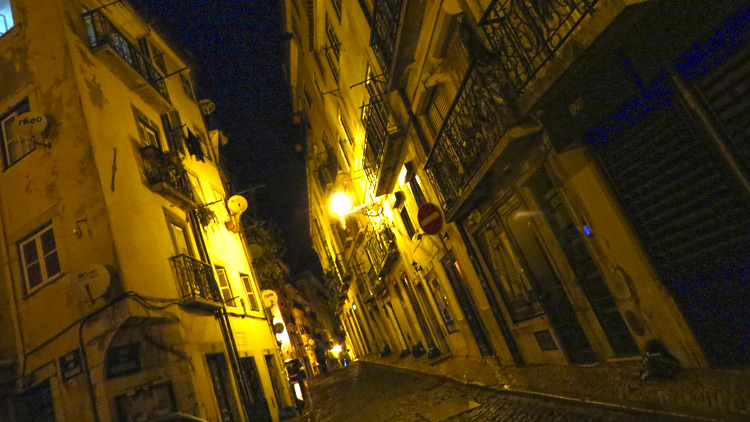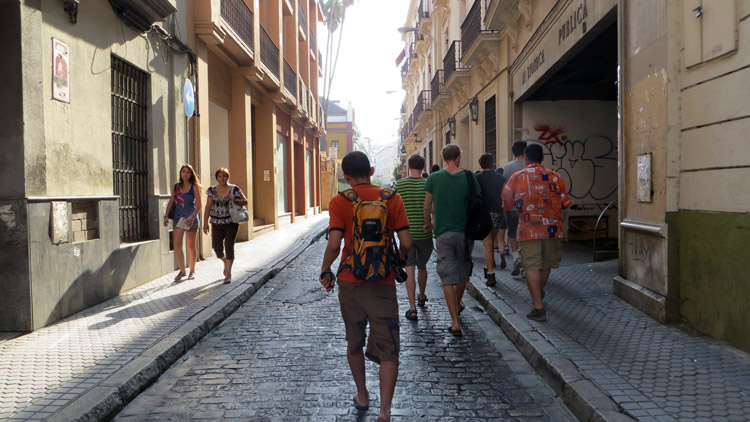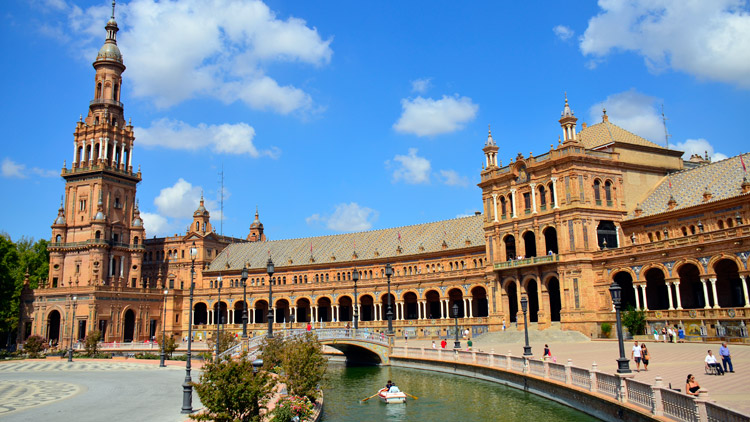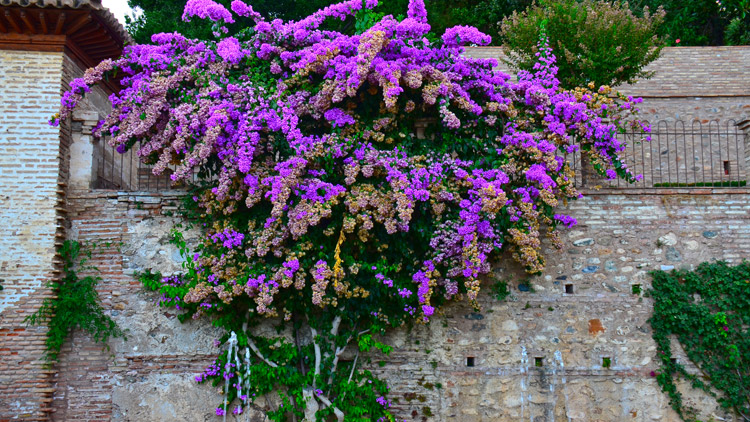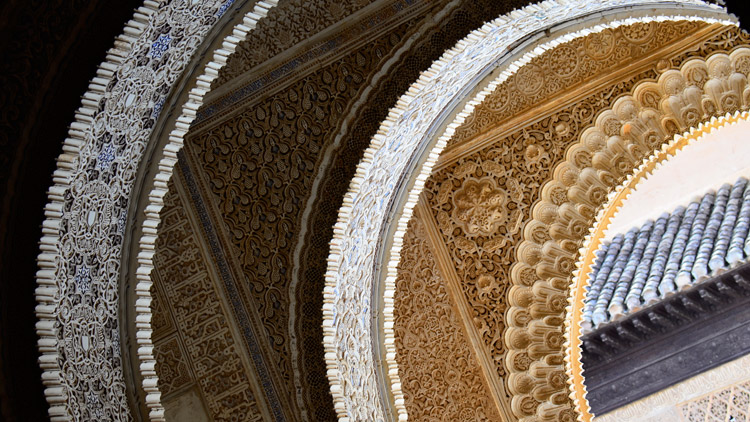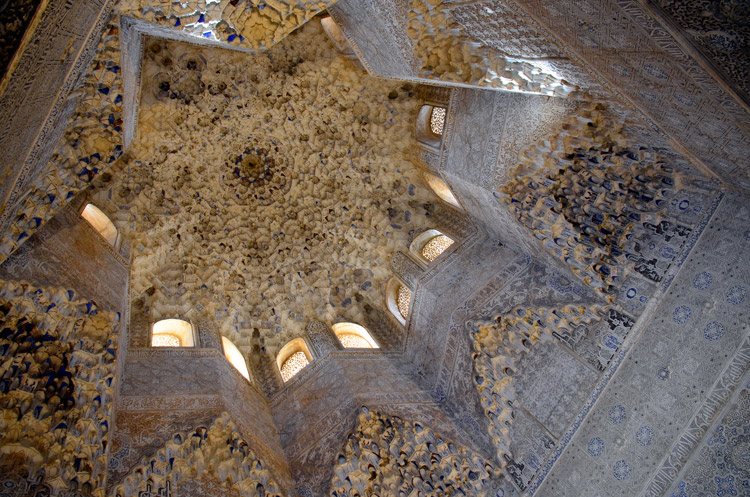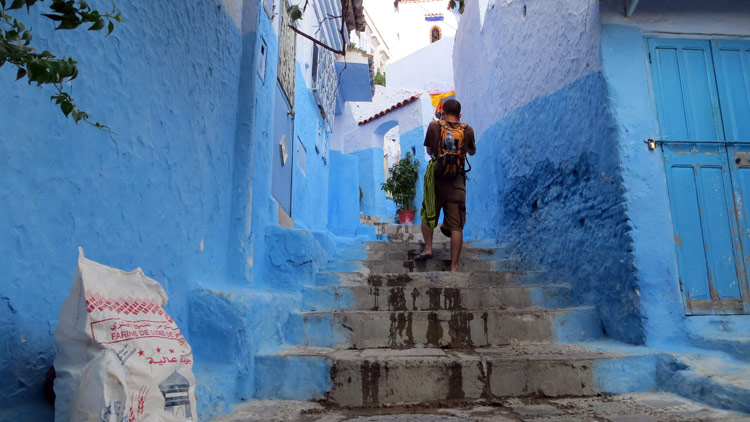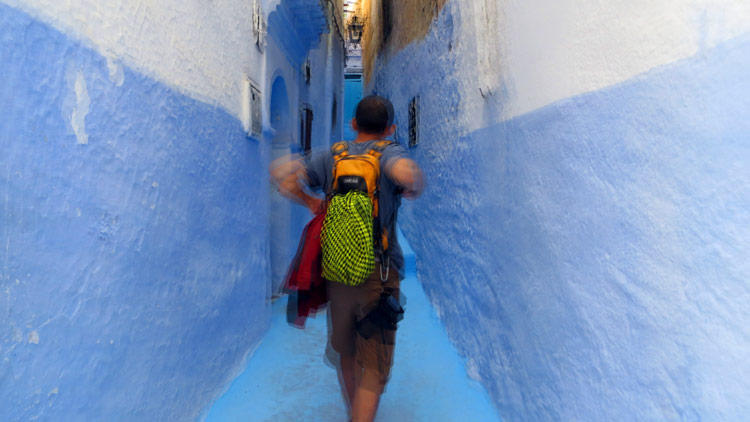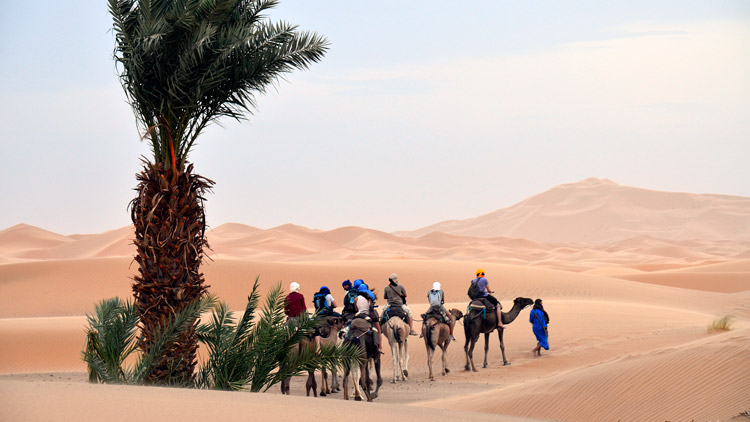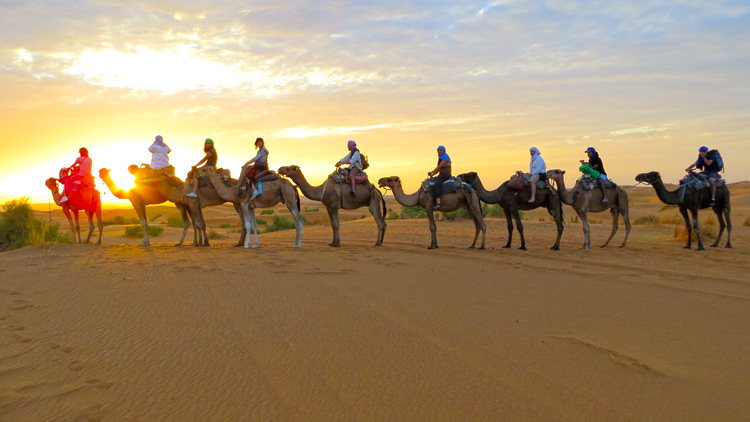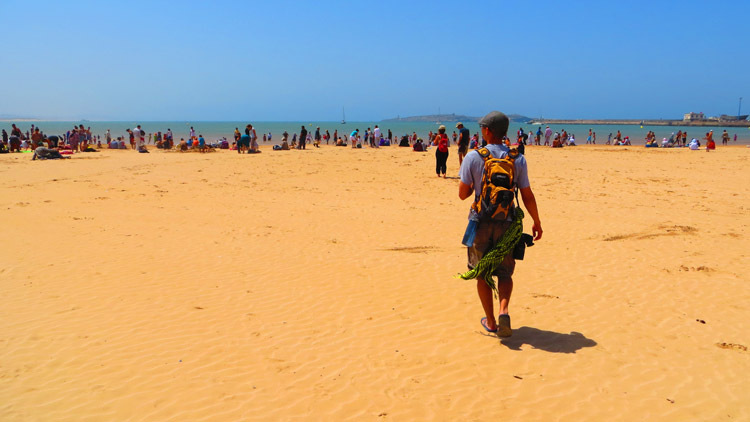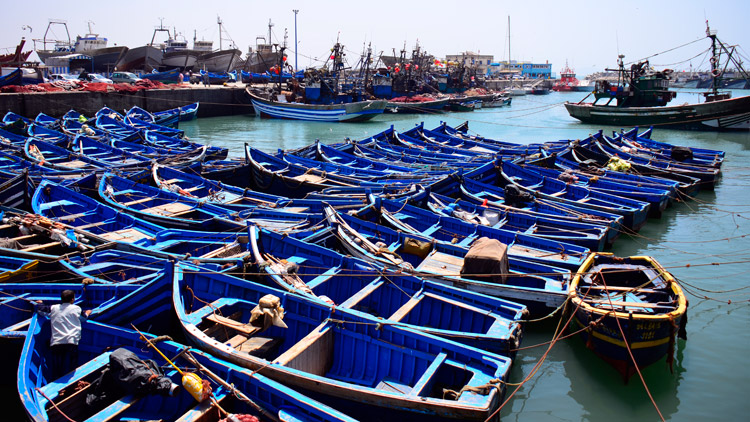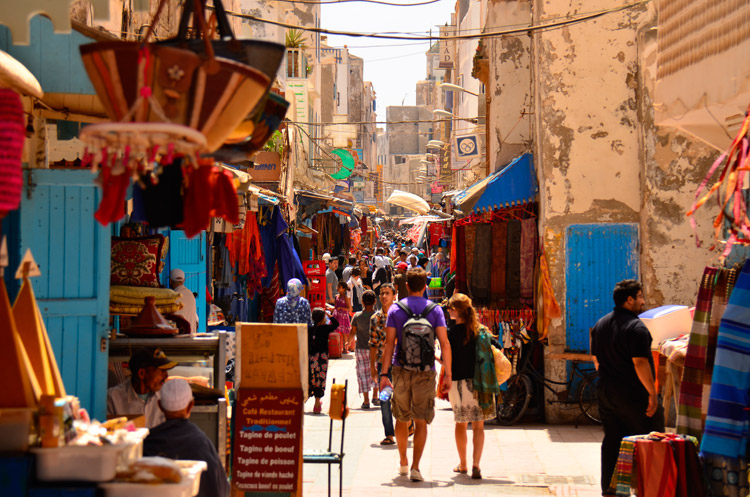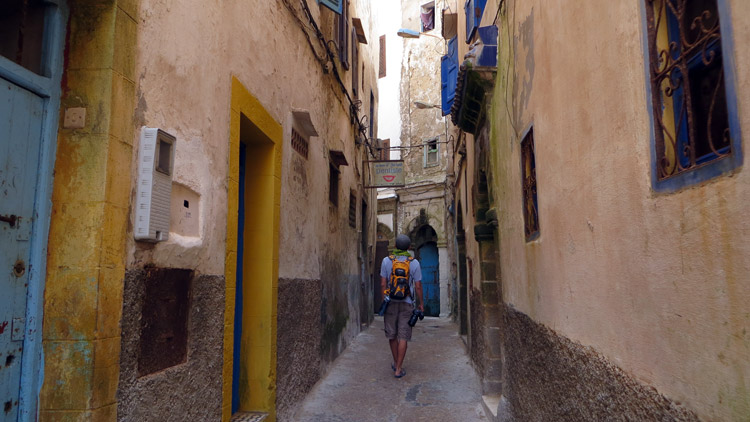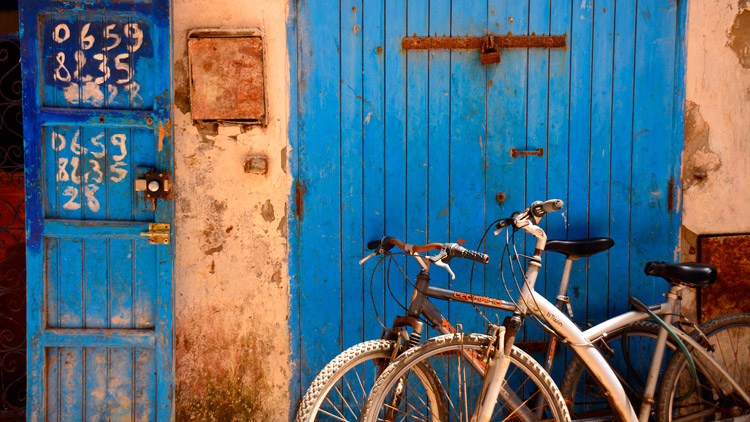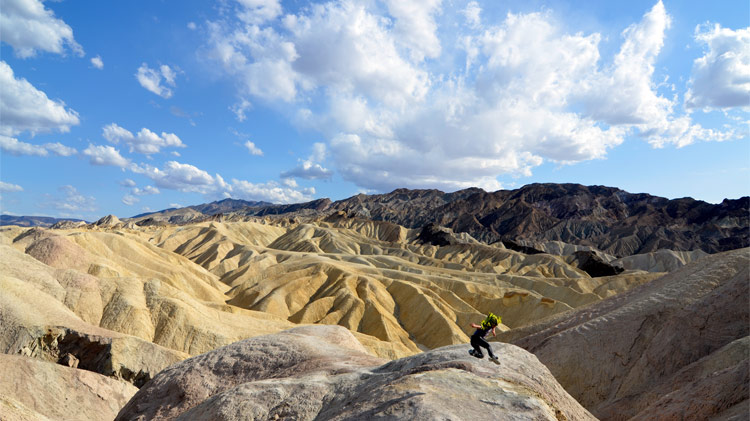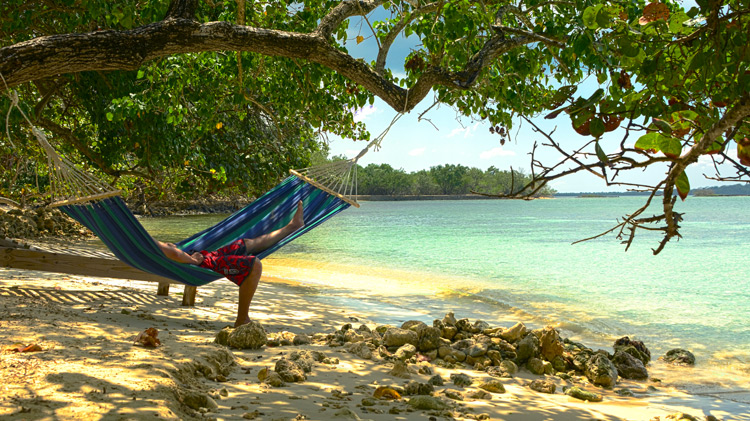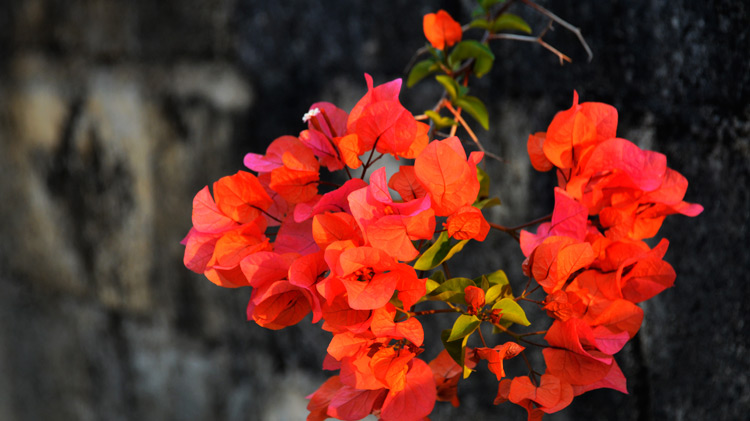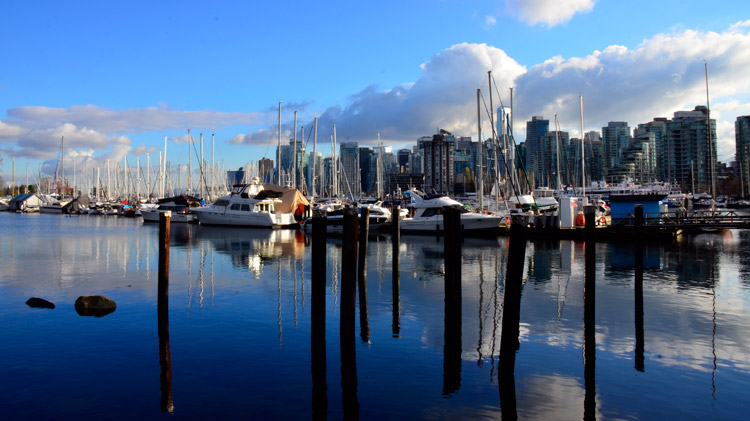
O Pride of Porto
Soldade from the Soul of Alfama
Seville, 2000 Years of History
The Fabled Alhambra: “A Pearl Set in Emeralds”
These Idle Moments
I’m perched street level on Calle Tablas, within eyeshot of Plaza de la Trinidad, GraNada, and for the first time in almost a week an idle moment presents itself. The late afternoon sun of Andalucia is still intense into September; per tradition the locals avoid the heat, deserting the streets for some ciesta nap. Along this main pedestrian thoroughfare all the shops have shuttered their doors save for the corner cafe at which I’m perched with coffee in hand. A low trickle of locals pass by going about their daily routines. Nothing unusual is happening… But glorious it is to enjoy this blink in time.
Accounting the last few days, it is certain I’ve passed through many a city gate and port, so much distance traverse in hasty pace. I’ve descend the Hight Atlas, passed through the former imperial cities of Fes and Meknes, walked the Roman ruins at Volubilis, dined at night by Tangier’s waterfront, ferried across the Straight of Gibraltar, bused from Tarifa to Granada hugging the Spanish southern coast — all to catch the early rays at the fabled Alhambra! Although the grand architecture is truly impressive, it has been tremendously taxing on the body. Certainly, it is not the preferred pace, but with time being such a crucial constrain, it is the best one can hope for. As such, these idle moments alone bemused among the locals is appreciable.
Variegated Shades of Blue
Faded Glories of Volubilis
As such, having been invited to visit by a young woman native to Meknes (whom I had met at the Merzouga sand dunes), a visit to Volubilis is compulsory as it is roughly 30 km away. Getting to the site was no trivial task as Meknes is not the most tourist friendly city in terms of transport facility. After wasting half the morning wandering around this bustling city sorting out contradictory transport information — and trying my best to negotiate assistance in broken French and Spanish — I recoursed to hiring a taxi to and from. This is contrary to my preferred mode of exploration as it necessarily precludes direct interaction with the local public.
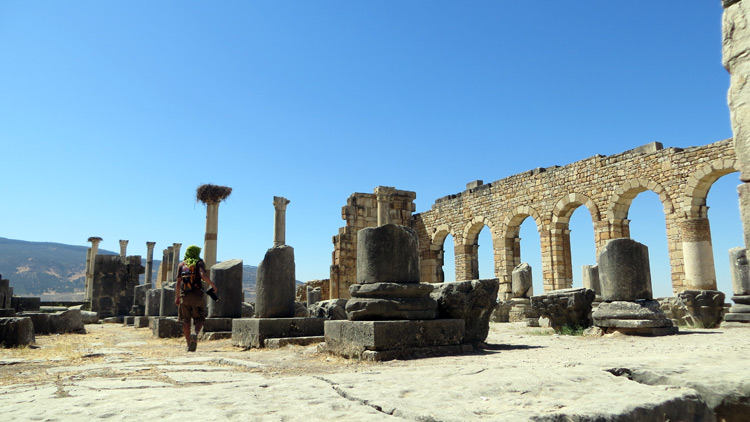
Admittedly, I have an unusual fascination with ruins; but, particularly predisposed to the grandeur of architectural/archeological ruins. Majestic ruins always evokes a feeling of awe, wonder, sense of timelessness, and yet, concomitantly, ever a present reminder of the pressing impermanence of all things. Ancient Volubilis is no different. This sprawling ruin of a former municipium had once been part of an independent Mauritanian kingdom of various indigenous Berber tribes before the Romans marched in and staked it as their western-most frontier.
What was known as Walili to the locals became Latinized as Volubilis, replete with triumphal arches, Roman roads, basilica and all. Much has change in the sweep of two thousand years, and yet the remnants of this Roman colonial town outpost still remains scatter across a vast sloping field overlooking the dried out pastoral planes of summer. Having occupied the region for roughly two and a half centuries (40-270 CE), the Romans eventually retreated back east, unable to fend off constant pressure from the Berbers trying to reclaim their land.
When the Arabs arrived in the latter 8th century to herald the beginning of Islamic North Africa, the Romans had been gone 500 years , yet Volubilis remained inhabited; with the locals speaking still a dialect of Latin. Indeed, at its peak evidence suggest that many different ethnic groups lived side by side here. In fact, Morocco’s varied history is readily reflected in the faces of the population today; the population is discernable as a motley history of who conquered whom on the faces of those one meets.
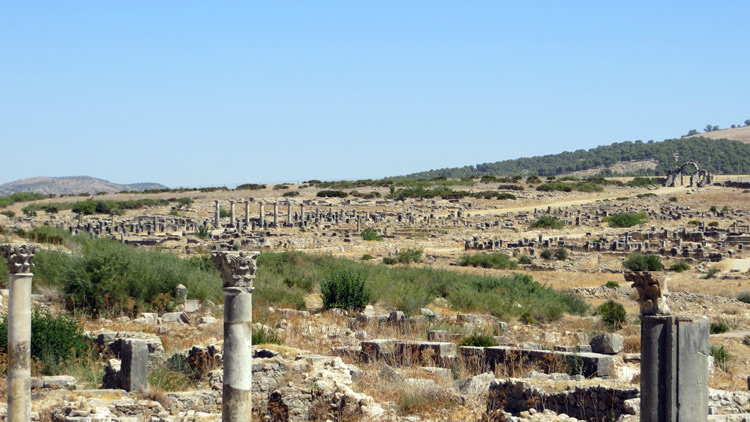
Volubilis was finally abandoned probably sometime in the latter 18th century. Perhaps the great Lisbon quake of 1755 contributed to it’s final destruction as much of the structures and masonry were demolished to build the palaces of Moulay Ismail in Meknes. Had it not been for this plundering, Volubilis would survive today as one of the best Roman ruins anywhere. As it remains, it is but a mere semblance, a faded semblance of an once-glorious city.
It’s wondrous to walk pass the columns, roads, and inlaid mosaics still… all echoing footsteps of the pass trodden by succeeding civilizations that have supplanted each other. Time hastens the passing centuries and firmaments roll; one conquering civilization displaces another in due time. This is the course of human history as laid out in stone on the vast plane stretching beneath Jbel Zerhoun mountain.
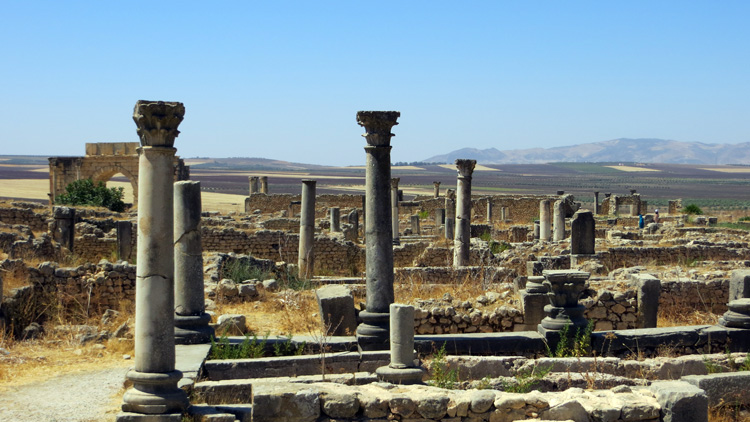
An Ancient Caravan
The long road to oblivion
The road winds along the ochre cliffsides of Berber country between Marrakech and Ouarzate. This countryside landscape is dotted with sparse vegetation contrasting the barren sloping rocks. Somewhere, hours ahead down the quiet road, lies the vast expanses of the forbiddingly hot Saharan sands. Again and again the switchbacks exchange one parched vista with another.
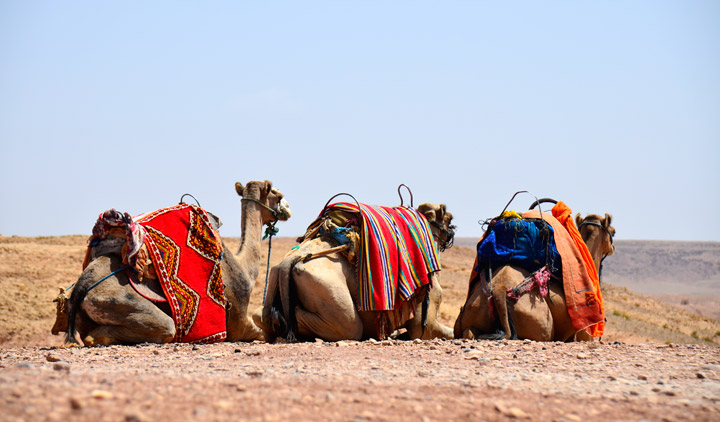
Unlike Marrakech, the heat here is dry and searing, forcing me to resort to dousing a scarf and occasionally dabbing my skin to cool off. It’s obvious that the locals and some other visitors are much more adapted to this extreme climate than myself. The members of this caravan chatter incessantly in a dull drone, their articulations are indistinguishably drowned out by the blaring Arabic music. As the only lone traveller in the group, at times the silence is poignant and at times I’m consumed by the random musings of my internal dialogue, lost in the remoteness of this forgotten landscape.
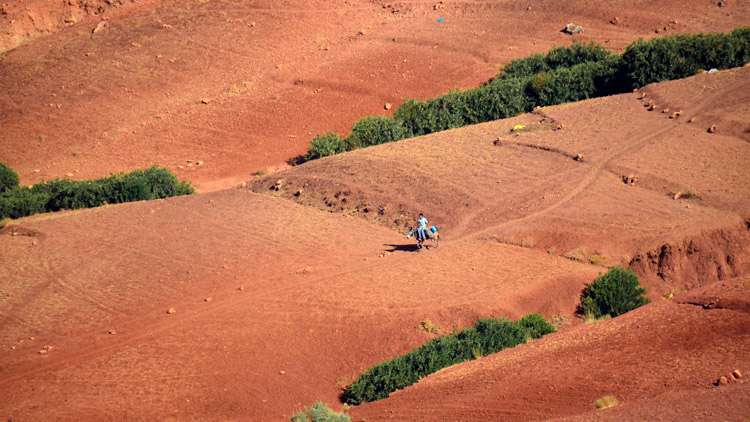
Sweat drips off my chin, the shirt on my back is saturated. Yet no amount of water seems to slake my growing thirst. Intermittently, the intense heat lulls me to a lethargic doze; until either a bump in the road or some sharp note jolt me from stupor.
The landscape grows ever forlorn. We’ve long passed the Berber towns, from here out only sparse villages hug the low hillsides. Now and then a lone local will stroll pass in his long flowing gown, leisurely stepping towards the slanting sun. In the far distance trails, a few women folk stand chatting in their shimmering robes; or possibly a merchant astride a donkey (too far to discern) descening a hill. Regardless, the heat is stultifying to all, numbing the mind to the edge of delirium.
Essaouira, or However You Pronounce That
Chasing the Saharan sun
By now I’m not sure how many times I have passed through Miami International. Again, I’m awaiting a connecting flight…Madrid this time, en route to Marrakech. Looking out on the tarmac through the rain splattered terminal panes, a certain sense of inertia surfaced (or was is ennui due to the inclement weather?) — a sort of “neither here nor there” sense. This floating life has now ventured over much land, sea, and air; for all the unknown adventures yet another trip brings, a billowing sense of unease accompanies it.
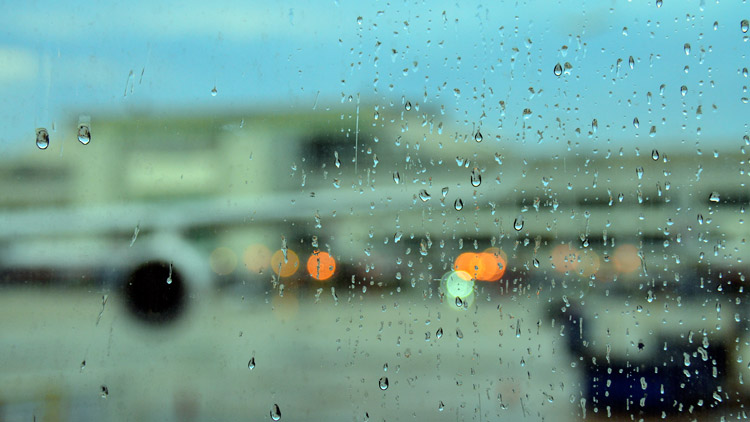
I have left my make-shift home drifting with the tides unattended, off to chase the Saharan sun without prior planning. It seems the commitment of yet another years confines to work promoted the latest urging. Neither here more there can lasting contentment be found, but meeting with a new culture will stimulate invigorate senses to brave the year ahead.
The plane barrels east, the dawn brightens with each passing minute. Soon I’ll be wandering lost in the alleyways of the ancient Berbers.
A Call to Return to Breath-taking Vistas
Yah Mon, Respect.
Day the Third in Negril
In the pre-dawn hour the roosters’ crow signaled the ritual rising of the Caribbean sun. Before long the stifling heat penetrated my corrugated tin shack, rousing me from drowsy stupor. A cursory examination of my skin shows it a couple shades darker and mosquito bites multiplied. A sniff of the air and one knows the village neighbors have fired up their makeshift wood stoves. After lounging in the garden breeze, I managed to trod down the limestone trail to Janice’s kitchen shack for another traditional Jamaican Breakfast. Some how she forgets to account the 100 Jays she owed me from last night. No matter. I do not mention it as such she is such a lovely woman with a warm heart.
Shortly after, I join a band of motley characters with whom I’ve been staying at the guesthouse — comprising of a French-Canadian woman (“We are the best Canadian”) who is a rafting guide, a stocky Czech man from the UK who is a truck driver, a white-collar Midwest man Indiana on holiday, and an old hippy-type from Montreal with countless stories to tell — to go snorkeling off the coral cliffs. This proved to be a small difficulty for me as I’m a bad swimmer and not fond of salt water.
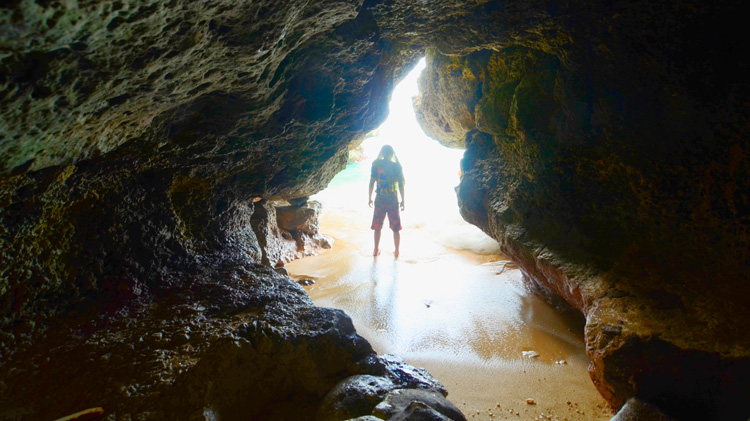
A few hours of blazing sun later, I’ve confirmed that I truly “suck” in the open water. Luckily, once again there were sufficient diversion in the coral caves that abound the region. I happened on a hollow that directly opened to the beach where I sat in quiet meditation for a while, reflecting on the roar of the cave with each pounding surf that came.
The outing continued with break at local bar where we met “Dr. Feel Good” and “Mountain Man”; local Jamaicans who are multi-talented at a few professions, shall we say. They are extremely friendly and readily open to smile. We all get a laugh when the Hippie starts negotiating prices with the men. The remainder of the day we wanderd downed to “famed” Rick’s Cafe at the southern point of the West End to watch the cliff divers. The place is really a tourist trap, replete with bus-loads of pasty tourist with camera at hand ready to pay ridiculous prices.
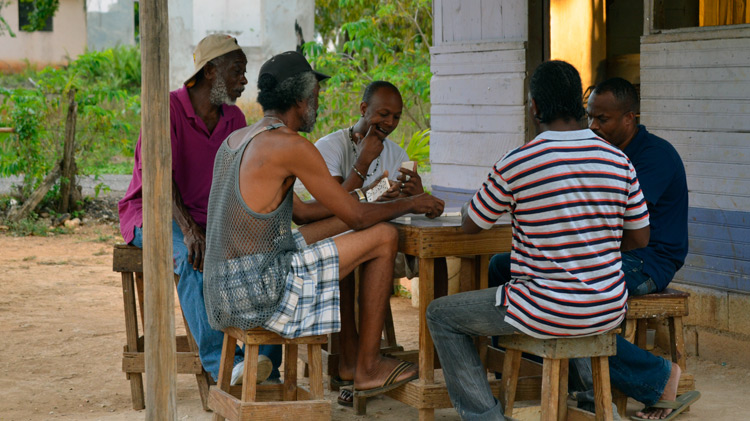
Returning near sunset I once again saw the local men outside Janice’s shop engaged in dominoes as they do every day. It seems to be a passionate game to them as they are prone to random outbursts of extreme excitement late into the evening such that the entire neighborhood can hear. I pay them a friendly greeting, and after a moment of small chatter with them, make my merry way back to rest before dinner calls. And so the quiet night passes over this isle of paradise.
